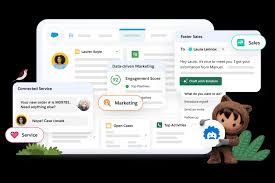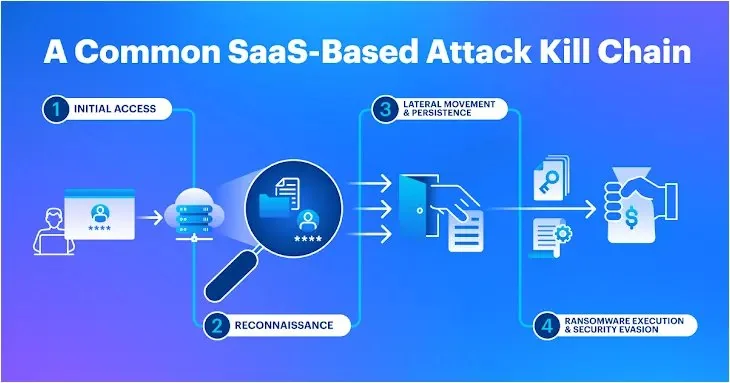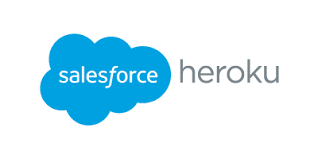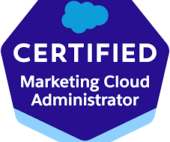Service Cloud for HR
Salesforce has expanded its Service Cloud capabilities to include a new HR-focused solution, Employee Service, designed to streamline employee support and enhance productivity. Employee Service introduces a dedicated HR service console paired with an employee portal. This portal acts as a centralized hub for staff to access HR resources, offering instant answers via Generative AI (GenAI), direct communication with HR specialists across multiple channels, and self-service options for tasks like requesting paid time off (PTO). For HR teams, the service console consolidates employee data, case details, and a company’s knowledge base into a unified workspace. It leverages AI-driven tools to resolve cases faster, automate routine tasks, and deliver seamless employee experiences. Salesforce’s Agentforce customers can integrate AI agents into Employee Service to further automate processes, saving time and reducing repetitive workloads. In a LinkedIn announcement, Kishan Chetan, EVP and GM for Service Cloud, highlighted the solution’s potential: “This new solution unifies employee data, case details, and a company’s corporate knowledge base all in one workspace that gives HR teams a 360-degree view of each employee and the ability to manage employee support cases with built-in AI and productivity tools. HR teams can efficiently resolve employee issues using Agentforce to quickly search, respond, summarize, and close cases, extending teams to get work done faster.” Salesforce’s broader goal is to eliminate the reliance on fragmented HR tools and reduce the need for employees to navigate disparate platforms like email, internal systems, and collaboration tools to complete HR-related tasks. By doing so, Salesforce aims to simplify HR processes, minimize manual effort, and enhance overall productivity. Early adopters of Employee Service are already reporting significant results. According to Sherin Sunny, Sr. Director of Product Management at Salesforce, customers have observed a 31% increase in employee productivity. This aligns with broader trends: Recognizing the need for a unified HR ecosystem, Salesforce includes a prebuilt MuleSoft integration with Workday and configurable connectors to other Human Capital Management (HCM) systems. These integrations establish a centralized HR data foundation, reducing inefficiencies caused by siloed tools. Looking ahead, Beth Schultz, VP of Research & Principal Analyst at Metrigy, emphasized the importance of integrating Employee Service with Slack, Salesforce’s collaboration platform: “We’ll be particularly watching how Salesforce’s multifaceted plans for bringing [Employee Service] into Slack play out as Slack evolves into a fully connected, collaborative workspace.” Slack itself is undergoing a transformation, with Salesforce Co-Founder Patrick Harris returning to revamp the platform as a core part of the Salesforce ecosystem. Meanwhile, Salesforce continues to expand Service Cloud’s offerings beyond Employee Service. Recent developments include a revamped CCaaS (Contact Center as a Service) integration program and a new product discovery tool. Still, Agentforce remains a key focus for Salesforce’s marketing efforts, showcasing its potential to redefine how businesses deploy autonomous AI agents across use cases like HR and beyond. Like Related Posts Salesforce OEM AppExchange Expanding its reach beyond CRM, Salesforce.com has launched a new service called AppExchange OEM Edition, aimed at non-CRM service providers. Read more The Salesforce Story In Marc Benioff’s own words How did salesforce.com grow from a start up in a rented apartment into the world’s Read more Salesforce Jigsaw Salesforce.com, a prominent figure in cloud computing, has finalized a deal to acquire Jigsaw, a wiki-style business contact database, for Read more Health Cloud Brings Healthcare Transformation Following swiftly after last week’s successful launch of Financial Services Cloud, Salesforce has announced the second installment in its series Read more



















